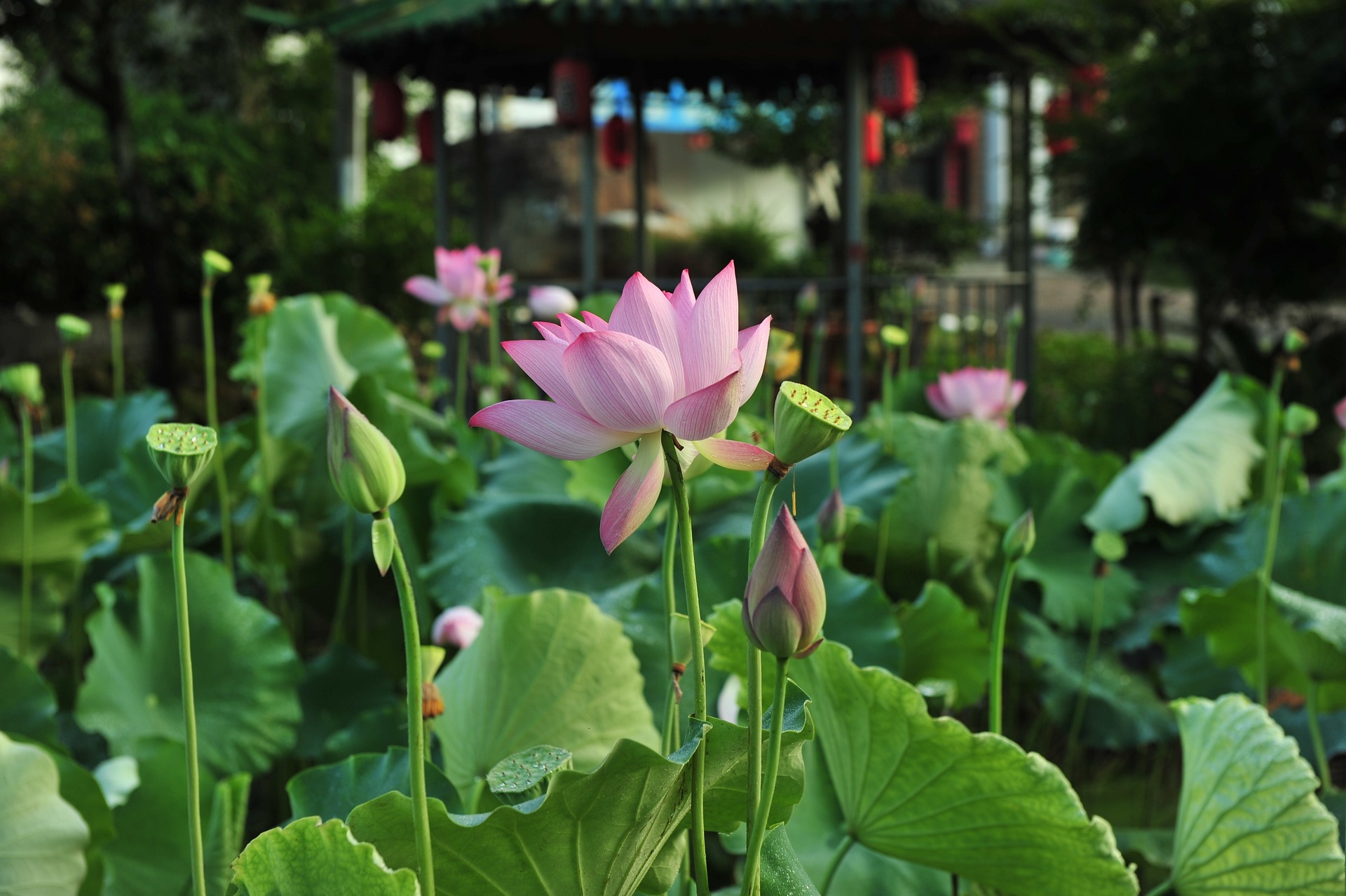Western medicine and mental health practitioners view anxiety and stress as purely psychological conditions. However, Traditional Chinese medicine (TCM) presents a perspective considered unique in the medical community. In TCM, anxiety is caused by imbalances in the body, specifically the “zang-fu organs” or the heart, liver, spleen, lungs, and kidneys. Each of these organs plays a known role in regulating balance in the human body, and a disturbance in one or more of these can result in a loss of serenity.
TCM practitioners will often utilize acupuncture, massage therapy, and coaching when treating their clients’ anxiety and other mood disorders in the office. Clients often take home recommendations for herbal treatments in pills, tinctures, or teas.
These are the most common herbs used to calm the zang-fu organs and cultivate serenity by eliminating anxiety:
Ji Qing Hua (Passionflower): The passionflower herb is thought to help with anxiety by calming the mind and easing tension. Passionflower increases levels of gamma-aminobutyric acid (GABA) in the brain, stimulating relaxation. Passionflower is most often ingested as a delicious and calming tea.
Chai Hu (Bupleurum Peony root): Bupleurum root (also known as Peony root or Chai hu) is described as having a bitter yet slightly sweet taste. This herb is considered essential in TCM to reduce stress and irritability, ease anxiety and assist with sleep.
Lian Zi (Lotus Seed): This herb is known to calm the system and be beneficial for treating insomnia. Because Lian Zi reduces stress and encourages sleep, it is helpful in treating anxiety.
Jiang Can (Silkworm Cocoon): This unique Chinese herb is derived from the silkworm cocoon, which has been used for millennia to treat anxiety and depression. Jiang Can inhibits the breakdown of a GABA neurotransmitter associated with anxiety levels. Those with anxiety typically have lower levels of GABA, so that supplements can help this situation.
Dang Gui (Angelica Root): Dang Gui is one of the most well-known Chinese herbs used to treat various health conditions. It calms the mind and relieves stress by increasing serotonin levels in the brain.
Huang Qin (Skullcap): Skullcap is an excellent choice for those seeking a potent tea to help ease stress and calm their nerves. This herb works by regulating neurotransmitter levels in the brain. Research shows that Skullcap positively influences mood and minimizes anxiety by stimulating the production of gamma-aminobutyric acid (GABA). Huang Qin has a solid reputation for use both as a sedative and pain treatment, as well as to reduce anxiety.
Mu Li (Oyster Shell): This popular Chinese herb is used by TCM practitioners to treat anxiety, stress, and other mood disorders. It can help to calm agitation, palpitations, and restlessness and may even assist with combatting night sweats or hot flashes.
Additional Vitamins and Supplementation for Serenity
Chronic symptoms may require some additional support, including:
Vitamin B complex: Individuals with lower vitamin B-12 levels were more likely to exhibit depression or anxiety.
L-Theanine: This amino acid, found in tea leaves, crosses the blood-brain barrier to increase GABA and serotonin, and dopamine. These chemicals assist in mood regulation and calm the nervous system.
Omega-3 fatty acids: Research indicates that taking Omega-3 fatty acids may reduce the risk of anxiety and depression – and in some people, can prevent it altogether.
If you are living with stress and anxiety and are interested in the alternatives TCM provides, call Longevity Wellness Clinic today. We will work with you to determine the best way forward based on your current medications, medical history, and health concerns. If you are interested in supplementation with traditional Chinese herbs, set an appointment with our certified practitioners today.



